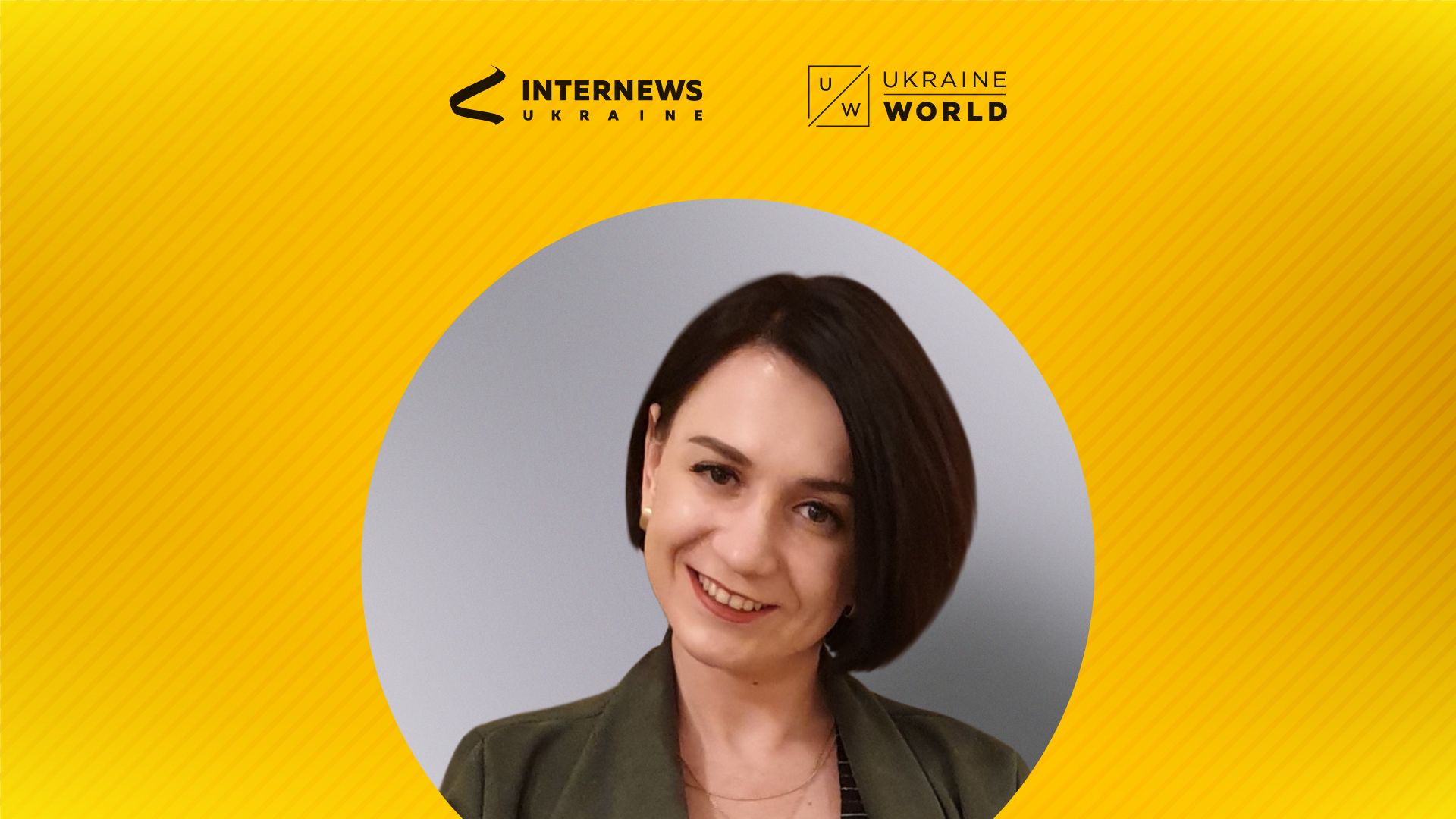
For many years, Ukraine has been perceived through the lens imposed by Russia. Ukrainian studies are attempting to change this perception.
UkraineWorld spoke with Mariia Protsiuk, Acting Head of Research, Analytics, and Academic Programs Department at the Ukrainian Institute, about the importance of Ukrainian studies, their current state, prospects, and challenges. Get acquainted with Ukrainian studies in our 2-part analysis.
The Russian invasion of Ukraine has triggered a long-overdue rethinking of the role and place of Ukrainian studies abroad. The need to spread knowledge about Ukraine around the world and promote Ukrainian narratives in other countries' information spaces has become even more pressing.
As a key cultural diplomacy institution that promotes Ukrainian and Crimean Tatar studies, the Ukrainian Institute provides a broad definition of the fields. They include university educational and research programs in Ukrainian and Tatar studies, as well as regional studies (e.g., Eastern European studies), within which the fields are covered.
Ukrainian studies also include university research centers, independent research centers, and think tanks focused on Ukrainian history, culture, politics, and regional or international relations.
It is essential to single out Ukrainian studies as a separate field. For a long time, the Russian-centric narrative dominated academic and analytical discourse, with direct negative consequences for various countries' foreign policy and decision-making.
Foreign academic and analytical expertise on Ukraine revealed its limitations under wartime conditions. Many experts' interpretations of events, whose primary area of expertise was not Ukraine, were based on preconceived conclusions and ideas. It led to inaccurate assessments of Ukraine's situation and relations with Russia. As a result, there is a growing demand for information about Ukrainian history, politics, culture, and language.
The unprecedented growth in interest in Ukrainian studies has resulted in an explosion of new initiatives and opportunities for both Ukrainian specialists and foreigners interested in Ukraine. Ukrainian language courses, online lectures or discussion groups, new scholarships, and support programs for Ukrainian students or researchers are among them.
As a result, we now have the opportunity to change the situation regarding Ukrainian studies abroad.
There are more than 160 Ukrainian and Crimean Tatar study centers in more than 30 countries around the world. They are depicted on an interactive map created by the Ukrainian Institute.
Ukrainian studies are developed unevenly around the world. They are better presented in the United States, Canada, the United Kingdom, Germany, and Poland.
The strategy would vary depending on the country where the Ukrainian studies are present. However, the best solution is to prioritize Ukrainian studies centers that take a broad view of Ukraine's place in Europe and the world and strike a balance between covering Ukrainian history, culture, politics, and economy, demonstrating Ukraine's global connections with the world.
Regarding financing, a collaborative approach is necessary. Foreign universities and analytical centers, as well as international funds that provide research grants, are no less important than the funds given by the Ukrainian government.
The Lusiak-Rudnytsky Ukrainian Studies Program is an example of this approach. The Ukrainian Institute, in collaboration with the Ilko Kucheriv "Democratic Initiatives" Foundation, supports Ukrainian studies projects for educational, academic, and cultural institutions, as well as think tanks, with financial support from the International Renaissance Foundation.
While the war is ongoing and Ukraine remains in the spotlight, Ukrainian courses have been introduced, along with special support programs for researchers. However, it is already necessary to consider how to institutionalize these new practices so that they become systemic rather than ad hoc instances of collaboration.
